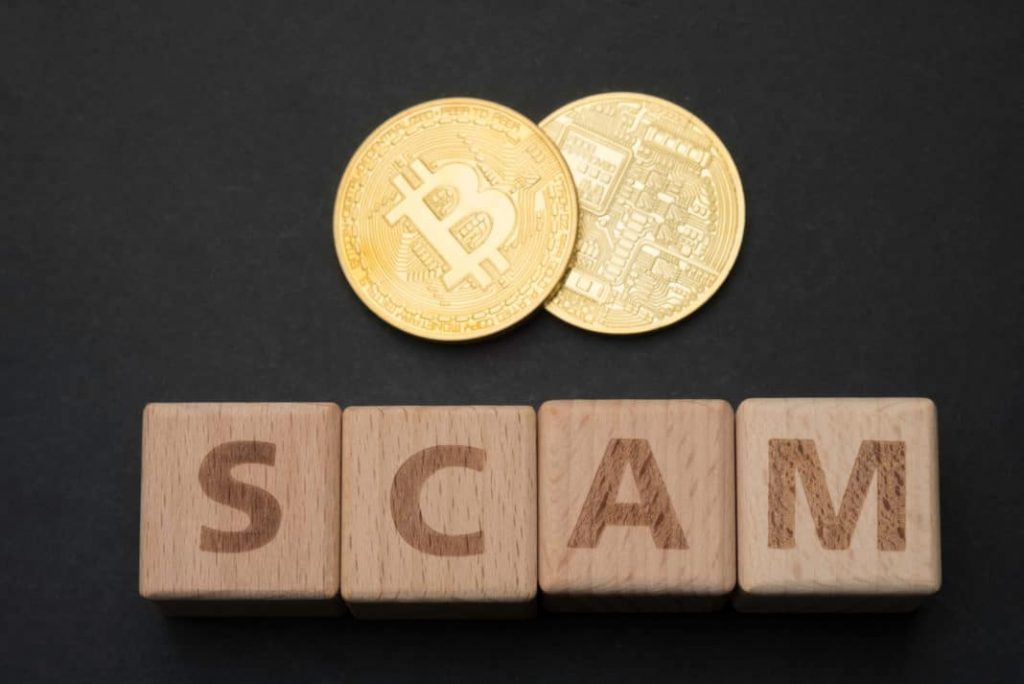Yes, in the same way that famous scams in the past were disguised as investments in live cattle, internet call credits, ostrich, and football players’ passes. In other words, the sales pitch changes, but the blow is the same.
The fact that the representative actually owns the deed of a farm, or cryptocurrency mining machinery, does not make the lawful activity. The honesty of the offering company, and the degree of reliability in the return depends on the legal certainty of the business.

In the case of Bitcoin and cryptocurrencies, due to the lack of knowledge of the general public, many believe that it is possible to obtain daily or weekly returns on the trade. In practice, trading in cryptocurrencies and shares of listed companies is similar.
In summary, it is not possible to obtain a predictability of variable income returns. This is independent of whether robots, options, or futures contracts are used. If there really was a winning strategy in the medium and long term, it would be enough for people to leverage themselves through short-term bank loans.
Is Bitcoin Market Safe? Is Bitcoin Market Reliable?
The Bitcoin Market is the largest digital currency broker in Latin America, with more than two million customers. There is the most advanced security and fraud prevention features, including Two-Step Verification (2FA) and safe-word to access your accounts and perform transactions.
Internationally recognized, the Bitcoin Market is the only national exchange to rank among the 25 most trusted in the world, according to the Blockchain Transparency Institute (BTI).
Does every scam promise guaranteed profitability?
No. This is another myth that ends up hurting many people. The scammers evolve, therefore, they know that it is no longer useful to offer fixed earnings of 10% or more per month. Thus, it is common to see promises of variable gain, although usually higher than 4% per month obtained by the best professional managers in the country.

As a writer, Richard is an advocate of blockchain technology and cryptocurrency in general. He writes about all things from cryptography to economics, with a focus on how it applies to cryptocurrencies. He is also passionate about writing about topics such as decentralization, open-sourced software development, and copyright law.


